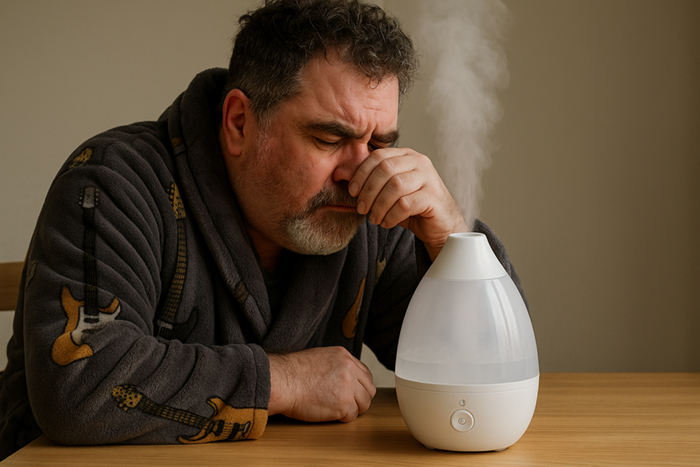
Why Vocal Rest Is Non-Negotiable for Singers
As a singer, my voice is my livelihood. It’s not just an instrument I pick up when needed; it’s a living, breathing part of me. When it’s in top form, I can give audiences everything I’ve got. But when it’s struggling, like it has been recently after pushing through a head cold, the reality hits hard: you only get one voice, and you have to protect it.
Singing Through Sickness: A Hard Lesson
Over the past week, I learned this the tough way. I had a cold, nothing too dramatic, and like many musicians, I pushed through and sang anyway. At the time, it felt like the “show must go on” attitude. But here’s the thing about vocal cords: they don’t care about your schedule. Singing on a sick or inflamed throat can turn a minor issue into a serious setback.
Now, my voice isn’t bouncing back as quickly as it used to. And that brings me to another truth singers often don’t talk about: age changes everything. When you’re younger, the voice can sometimes bounce back quickly after illness or strain. But as the years pass, recovery takes longer, and vocal resilience isn’t what it used to be. The voice naturally changes with age; muscles weaken, tissues lose elasticity, and the cords don’t respond quite the same way.
So now, a simple cold can sideline me longer than it might have ten years ago. With a busy run of gigs leading up to Christmas, I can’t afford to push too hard and risk long term damage. That’s why I made the call to take this weekend off to give my voice the rest it needs.
Why Vocal Rest Matters
When you sing, your vocal folds vibrate hundreds of times per second. If they’re irritated, swollen, or fatigued, every note puts stress on them. Keep going, and you risk nodules, polyps, or worse, injuries that can take months, even surgery, to heal.
Rest gives the inflammation time to settle and your voice time to recover fully. It’s like icing a sprained ankle before you’re back on the field. And as I’m finding out, the older you get, the more critical this downtime becomes.
Tips for Singers After Illness
If you find yourself in the same boat, here’s what helps:
Complete vocal rest: No singing, minimal talking, and definitely no whispering (it’s worse than speaking).
Hydration: Warm water, herbal teas, and a humidifier if you’ve got one. Keep the cords lubricated.
Skip the gig if needed: It stings, but one missed show is better than losing months to injury.
Gentle warm-ups when ready: Don’t jump back into full power vocals. Start slow and let your voice tell you what it can handle.
Accept and adapt with age: Recovery time might be longer now, so plan your schedule with this in mind.
The Bottom Line
Taking this weekend off wasn’t easy, but it’s necessary. Singing is my life, and looking after my voice now means I can keep doing what I love for years to come. If you’re a singer battling illness, or simply noticing that age is changing the way your voice responds, don’t push through it. Rest, recover, and come back stronger.
Absolutely! There’s nothing wrong with cancelling a gig if the voice is needing you to. The vocal folds are very fine mucous membranes that need proteting with proper warmups, cooldowns, hydration and rest.